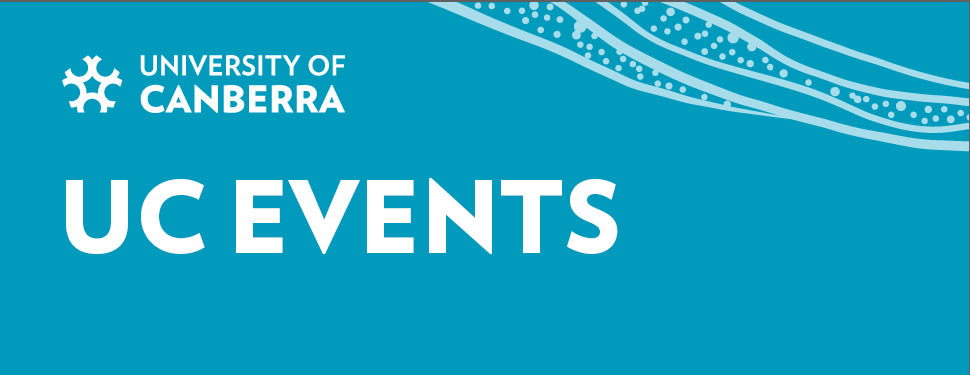Deliberative Democracy in Action Masterclass Series
Effective community engagement starts with the right tools and approaches—and deliberation offers both. The Deliberative Democracy in Action Masterclasses offer a hands-on introduction to the principles and tools of deliberative engagement—an evidence-based approach that leads to more inclusive, constructive, and legitimate outcomes.Whether you're designing consultations, facilitating conversations, or shaping policy, these masterclasses will equip you with practical strategies to engage communities in ways that build trust and deliver impact. Through these sessions, you'll learn how to:Improve the quality of public engagement by creating spaces where participants feel heard, respected, and empowered to contribute.Broaden the reach of public engagement by designing inclusive processes that engage people from all walks of life—not just the usual voices.Balance diverse perspectives by exploring the trade-offs between competing values and interests.Bridge divisions and disagreements through meaningful dialogue and active listening.Drawing from real-world examples in Australia and around the world, the sessions explore fresh, practical approaches to deliberative engagement.Hosted by the Centre for Deliberative Democracy and Global Governance — a world leader in the study of public participation — this series brings together expert thinkers and practitioners who are helping to reshape democracy for the better. You’ll also have the chance to connect with some of Australia’s leading experts in deliberative engagement and become part of our growing network of practitioners working to make public engagement more meaningful and effective. Wednesday 14 May: RepresentationExplores how democratic ideals such as inclusion and participation are realised in deliberative process. This includes how experts are involved in processes and examines strategies to enhance representation in various contexts such as where there are inherent power inequities. Participants will master:The different ways to consider representation in deliberative processes and how to design processes that include varied perspectives.An understanding of how inequalities impact deliberation and tools for addressing disparities.How to consider the perspectives of those that cannot participate such as future generations or non-humans.How to design methods that effectively engage experts and apply their knowledge to the deliberative process.Guest speakers – to be announced soon! Thursday 15 May: ImpactExplores how deliberative practices are connected to the wider institutional and political contexts, and the democratic system overall. This includes an examination of the consequentiality of practices and factors that affect their impact.Participants will master:An understanding of how democratic innovations can be effectively positioned within a policy-making context, systems of governance and existing public participation approaches.An ability to identify varied pathways for impact and how to strategically design deliberative processes that achieve this impact.An understanding of the determinants that influence the legitimacy conferred on deliberative processes, and strategies for how to strengthen legitimacy.Guest speakers – to be announced soon!Friday 16 May: ResilienceExplores how deliberative practices can contribute to building democratic resilience. It will consider deliberation in contexts where there are entrenched special interests, deep power inequalities, or divergent views on possible solutions to complex issues. This masterclass builds an understanding of both the opportunities and limitations for deliberation to break impasses and generate more broadly accepted policy outputs. Participants will master:A critical understanding of how deliberation can mitigate extremist threats in contexts where there is deep polarisation, mistrust or disinformation.An ability to design processes that appropriately consider relevant social movement actors and stakeholders.A toolkit of deliberative approaches and design choices that can mitigate division and entrenched views.Guest speakers – to be announced soon!RegistrationParticipants can enrol in each masterclass separately if they are only interested in one or two topics. Alternatively, the masterclasses will run on three consecutive days allowing participants to enrol in all three as an intensive. $385 (incl. GST) per day$990 (incl. GST) for all three masterclasses Register for:Representation (single day) - Register hereImpact (single day) - Register hereResilience (single day) - Register hereAll three masterclasses - Register hereRegistration includes morning tea, lunch and afternoon tea. CertificateParticipants will be provided a participation certificate from the Centre of Deliberative Democracy and Global Governance.
09:00 - 17:00
2 more dates available


